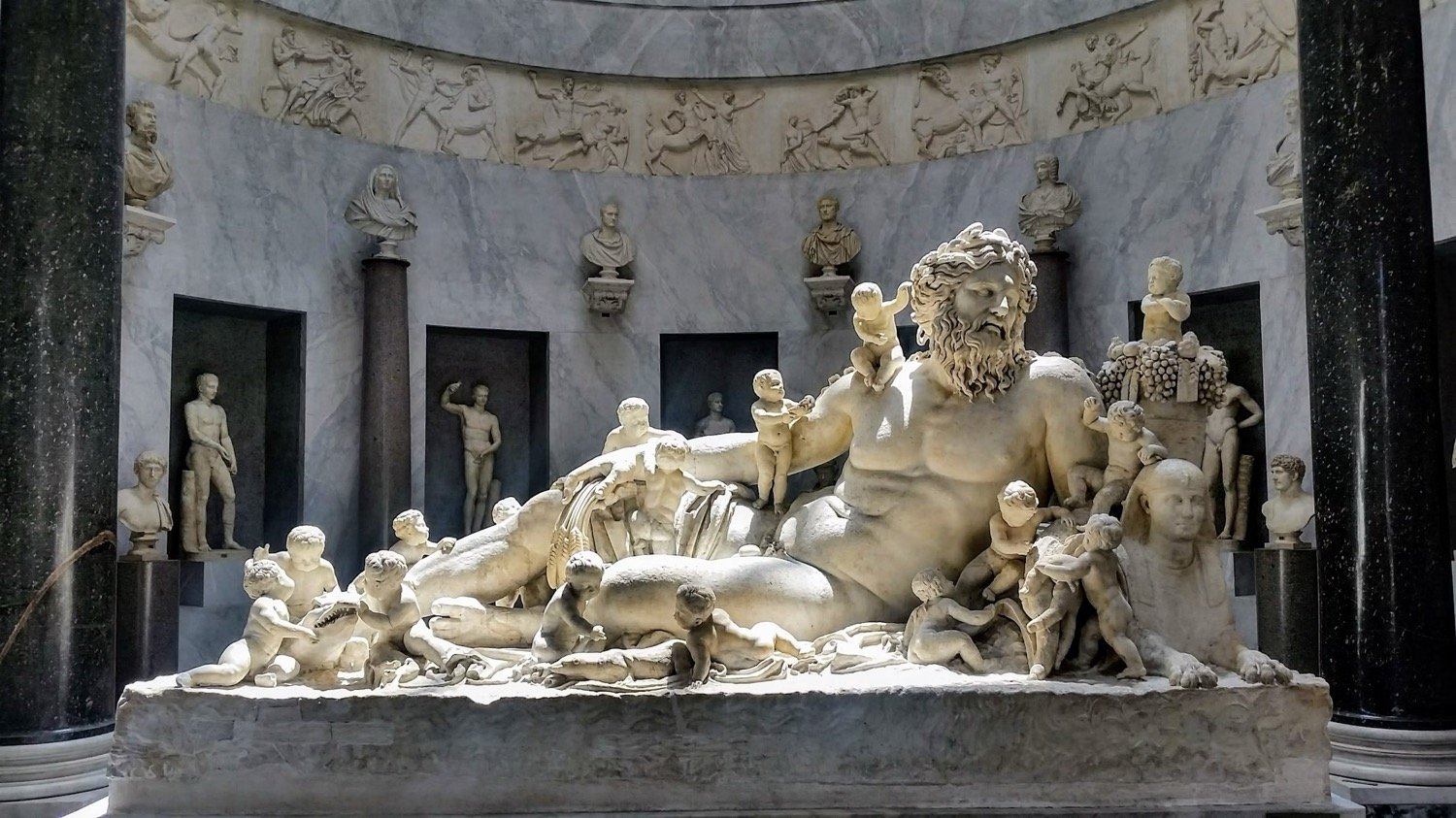Readings for today: Genesis 20-23
The theme of promise runs strong throughout the Bible. And perhaps surprisingly, it is God who makes most of the promises. Why might that be surprising? Because in an ancient near east culture, it was the subjects who made promises to the king, not the other way around. It was the lesser parties who made promises to the greater. The less powerful who served the powerful. Devotees of the pagan gods of the Canaanites made all kinds of promises to their gods when they offered their sacrifices with little to no guarantee of any return. But the God of the Bible is different. He is both the Promise-Maker and the Promise-Keeper. It’s why the great 20th century rabbi, Abraham Heschel, once remarked that all human religions detail humanity’s search for God but the Bible tells the story of “God’s search for man.”
Think about all the promises God has made humanity thus far. He made promises to Adam and Eve, even after they were cast out of the Garden. He made promises to Cain, even after he murdered his brother. He made promises to Noah and his family. He made promises to Abram and Sarai, in particular, the promise of a child. A son through whom God would work His great salvation plan. Yes, Abram and Sarai tried to take matters into their own hands with Ishmael and God was gracious. He blessed Ishmael but he wasn’t the child that was promised. God will not allow anyone or anything to stop Him from delivering on His promises. So Isaac is born. Abraham is one hundred years old. Sarah is ninety. God turns Sarah’s initial laughter at the absurdity of the idea of a child into joyful laughter as everyone who hears her story rejoices with her over what God has done.
Ephesians 3:20 says, “God is able to do far more than we can ever ask or imagine.” I think this is why God is the one making all the promises in Scripture. Because we wouldn’t even know where to begin. We don’t know what to ask for much less have the imagination to comprehend all God has in store for us. Our minds our bounded by what’s possible, meanwhile God promises the impossible. Our hearts are so easily discouraged when things don’t go our way, meanwhile God is using all things for the good of those who love Him and are called according to His purpose. We are finite creatures who are limited to what we can see, touch, taste, hear, and smell. God is infinite and not subject to the laws of the universe He set in place. What God has promised, He will deliver. You can take it to the bank. In fact, this is the very definition of saving faith. Romans 4:21-22, “Abraham was fully convinced that what God had promised, he was also able to do. Therefore, it was credited to him for righteousness.”
Readings for tomorrow: Genesis 24-26




